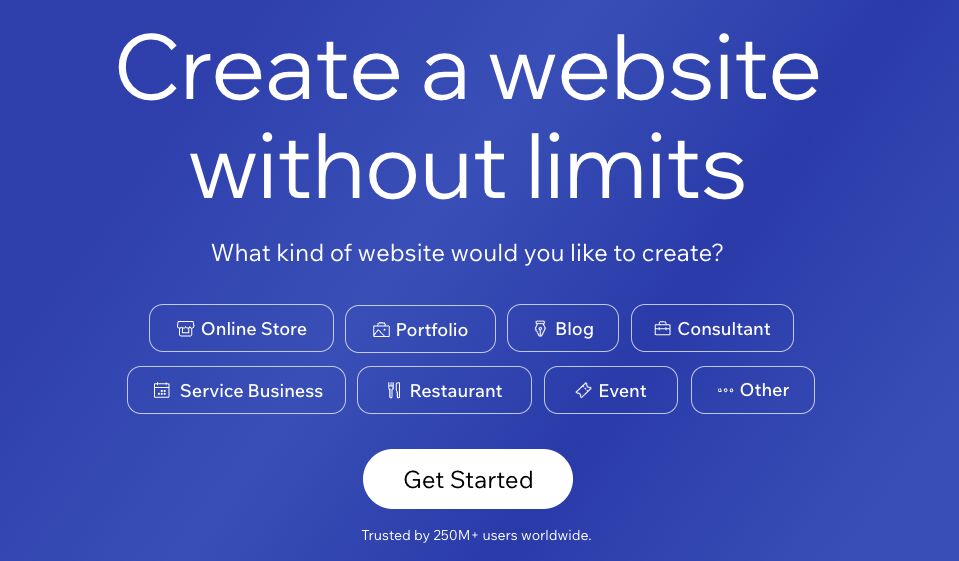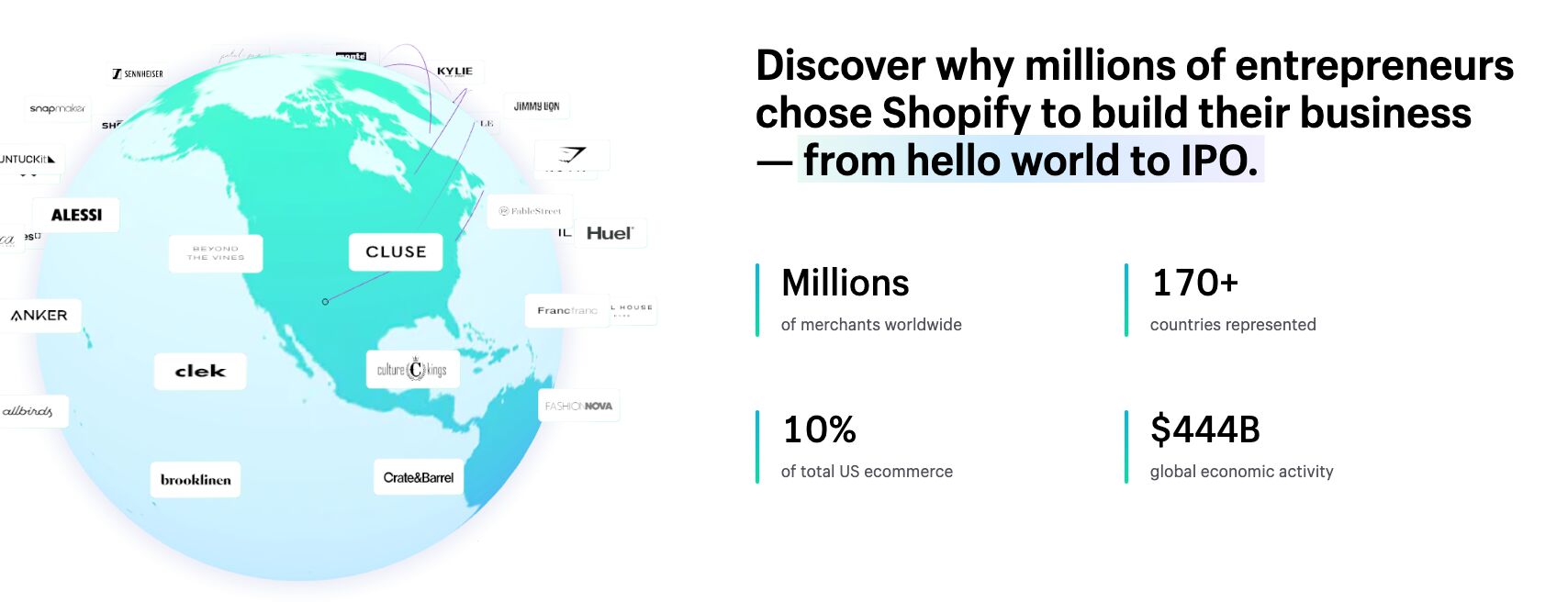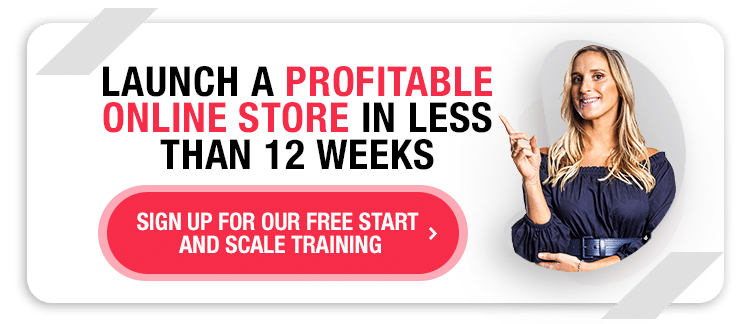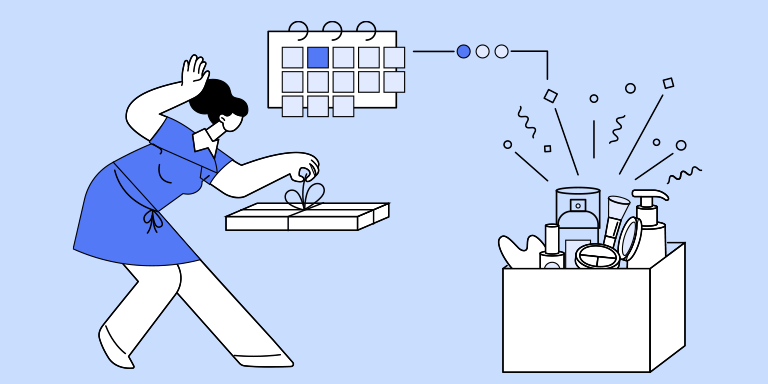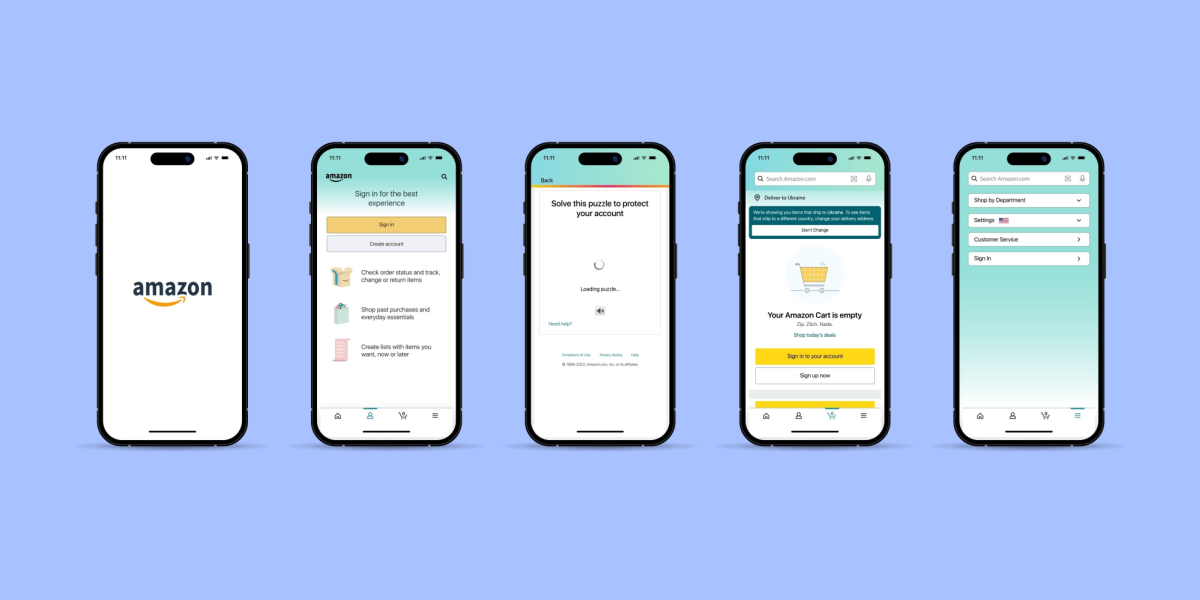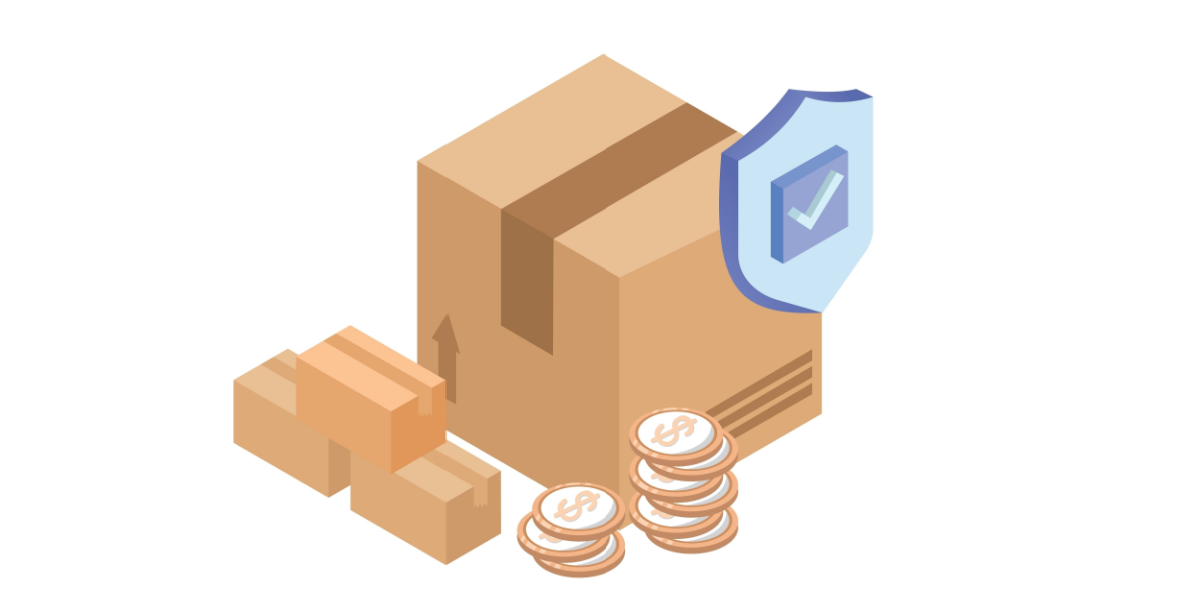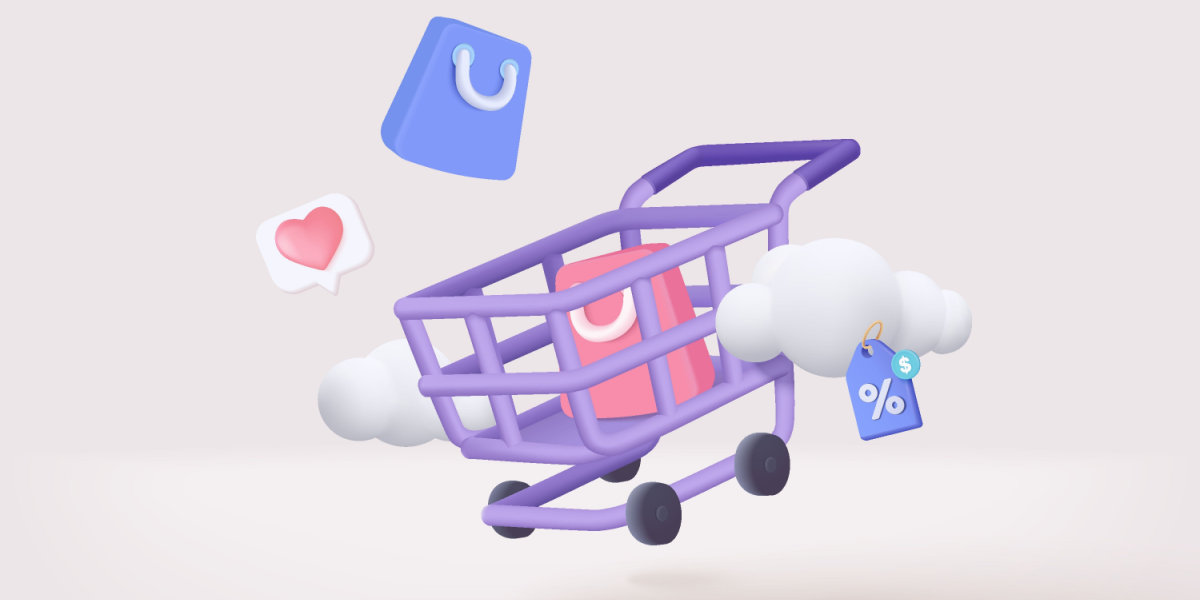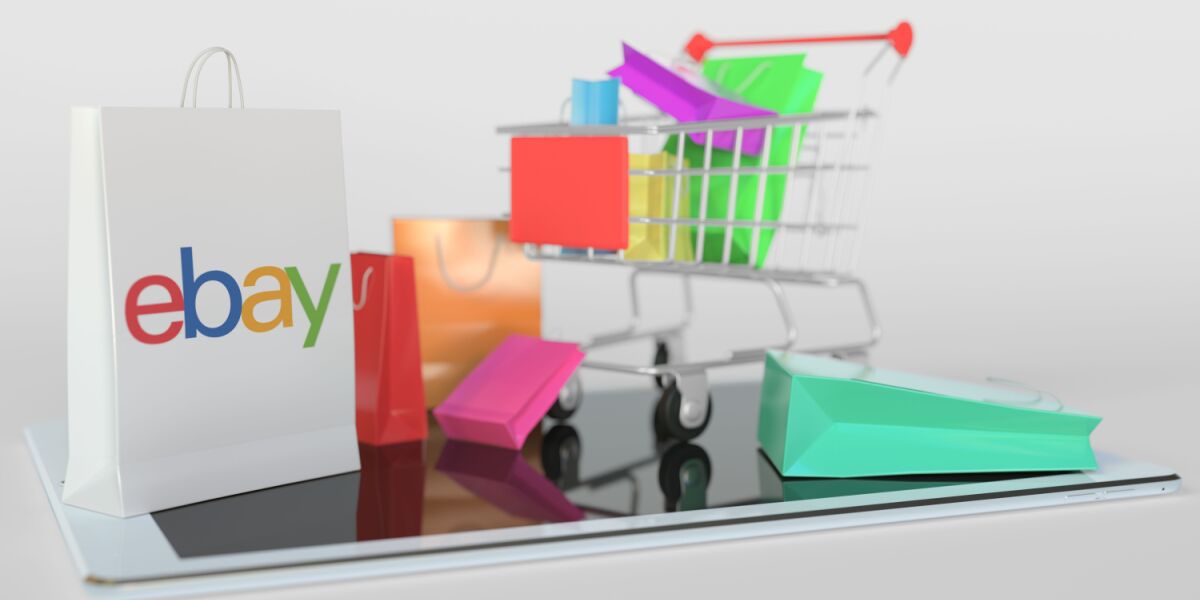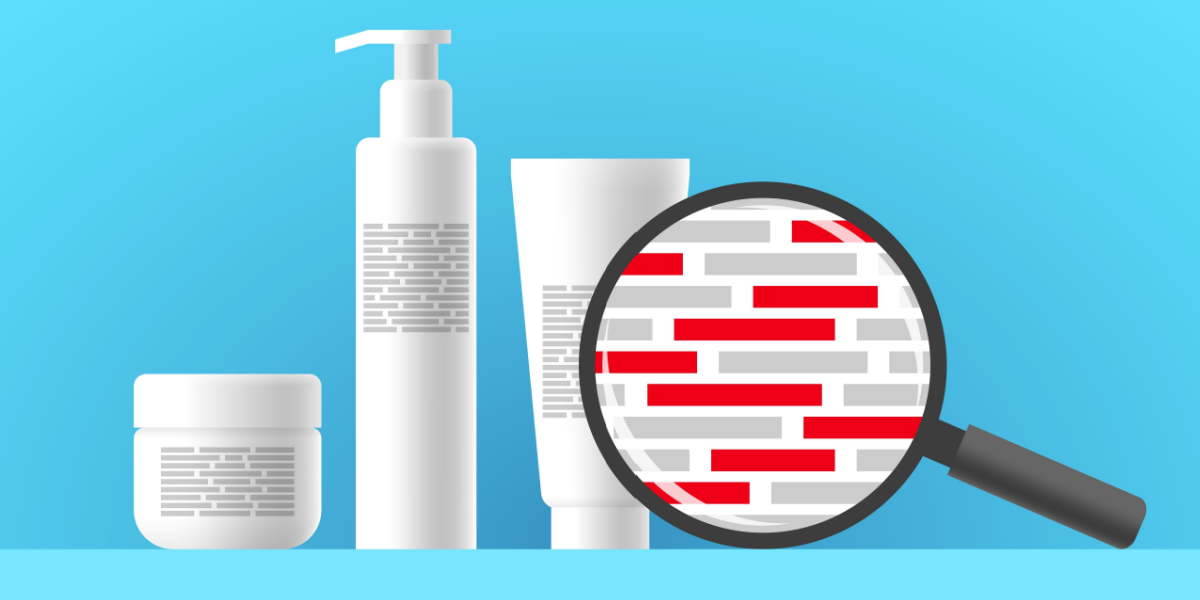Which vs. Shopify: Wix is the right website for you to start your ecommerce journey?
Wait, let me try that again.
Wix vs. Shopify: Which is the right website for you to start your ecommerce journey?
You’ve crafted your perfect product. You’ve taken all the advice from Greta and the Start & Scale course, meticulously designing your prototype, and now you are ready to bring your game-changing product to the masses.
One small issue. It’s hard to change the game when you don’t know which ground you should be playing at!
Being unsure about which ecommerce platform to choose can be incredibly stressful, and the fear of missing out can often lead to decision fatigue.
But we’ve got you covered. We’ve created a detailed breakdown regarding everything you need to know about Shopify vs Wix to help you pick the perfect ground for your brand to win.
Before we break down Wix vs. Shopify, here’s why so many entrepreneurs choose Shopify to launch and grow their ecommerce business.
Shopify is built for selling—whether you’re just starting or scaling to millions. It’s packed with powerful tools, easy to use, and designed specifically for ecommerce success. If you want a platform that grows with you, Shopify is the way to go.
Try Shopify free today. Sign up here.
Taking a Closer Look at Shopify vs Wix
When it comes to picking an ecommerce platform for your brand, you’ve got more choices than Goldilocks!
And just like Goldilocks, it’s absolutely crucial that you pick a platform that is just right for your needs. That’s not to say that the other options are too hot or too cold, but you get my drift!
Also, never wander into a bear’s house in the woods. That much should be a given.
As a topline, Shopify is well-known as the most popular ecommerce platform available today, whereas ecommerce is just a small part of what Wix offers, alongside robust website-building capabilities.
Don’t Skip: Shopify vs Squarespace
What’s Wix and Who’s It For?
If you want plenty of control over the look and feel of your company website, then Wix might be the right choice for you. As this platform promotes itself as a website builder first and an ecommerce platform second, it should come as no surprise that the platform is packed with lots of customizable design features.
For those that aren’t already skilled in design or, more specifically, web design, it might take a little longer to get your website up-and-running than it would via Shopify, but it does mean you have complete control over its look and feel, and you aren’t stuck within the limitations of a pre-made template.
Even for those who need a little longer to get to grips with the additional website-building features, you can try Wix for free and continue to use it for free for as long as you need.
However, there is a catch to this.
Life tip: If it’s free, there’s always a catch.
You must use a Wix domain name if you are using the free version, and you only have limited access to features and storage, so it certainly isn’t an option you can use long-term.
That said, it does give you plenty of time and flexibility to test out the platform and understand with what you can and can’t do.
Wix also has a wide range of apps that sit within its own website-building app store. As you might expect, not all of these are tailored to ecommerce, but there are some handy options to get your business off the ground.
However, while there are many pros to Wix being a website-builder first and an ecommerce platform second, there are also some understandable drawbacks.
For starters, the user experience is slightly more complex when compared to the seamless Shopify process. Secondly, there are fewer valuable plugins to help build out your store. And finally, the infrastructure is not tailored specifically for ecommerce stores like Shopify.
Pros of Wix
- More advanced website building options.
- A free version allows you to spend as long as you need to become accustomed to the platform.
- Quick and easy to set up.
Cons of Wix
- Ecommerce is not the primary focus of the platform, and it shows in the features on offer.
- Less user-friendly than Shopify for those who aren’t skilled in web design.
Who Is Wix For?
If you are promoting a platform that allows you to create a bespoke website, particularly for those with a B2B product or service, Wix’s website-building capabilities make it an option that shows plenty of promise.
What’s Shopify and Who’s it For?
Now, let’s dive a little deeper into Shopify. When it comes to active users, Shopify is by far one of the largest ecommerce platforms in the world, with millions of users.
This large customer base is mainly due to the simplicity of the platform, which breaks down any barriers or concerns potential ecommerce entrepreneurs might have about starting their online business.
It is also packed with additional apps, and because ecommerce is the main focal point, each one is tailored to suit an ecommerce brand, making them highly beneficial for you.
Like Wix, Shopify also offers a tiered subscription system, allowing you to select a subscription that meets the current level of your business before changing as it begins to grow.
Shopify also provides users with a free trial, but this works slightly differently from the Wix “Lite” version. With your 14-day trial, you get access to everything as you would as a paying customer, so you can really get to grips with the platform’s capabilities and additional features.
Pros of Shopify
- A beginner-friendly interface.
- Thousands of shop templates to choose from.
- Subscription tiers to suit all business sizes.
Cons of Shopify
- A 14-day free trial period.
- No free plan option.
- Fewer website customization options compared to Wix.
Who Is Shopify For?
Shopify is the perfect platform for any entrepreneurs who want somewhere that puts ecommerce at the forefront of their offering, including useful plugins that can help improve and promote your brand.
Keep Learning: How to Set Up a Shopify Store
Determining the Winner of Shopify vs Wix
As you can see, while both of these platforms are often compared as direct competitors, there are some unique differences between the two, and which one is right for you will ultimately depend on your specific needs.
If you have created a bespoke product, and you want a bespoke website to reflect that (see Apple’s website as a prime example), then Wix may be the right option for you.
Alternatively, if you want a platform that puts ecommerce first and, as a result, makes it quick and easy to list products, handle inventory, and promote them, Shopify might be the better option.
Whatever the case, we’ve got your back every step of the way, with a highly detailed masterclass and creating the perfect online store and scaling it to reach new customers.
You can access the Start and Scale course by clicking below.

